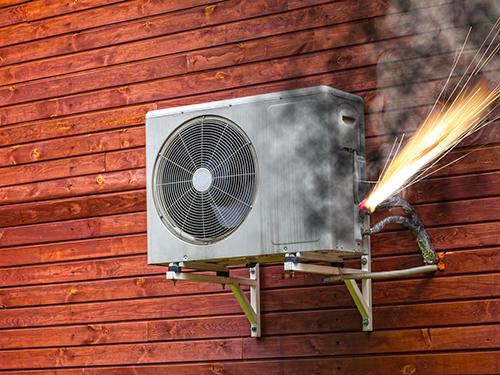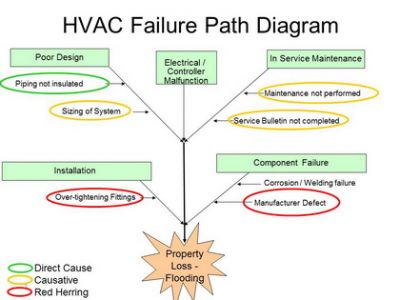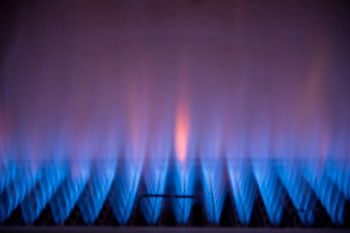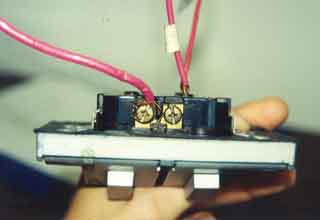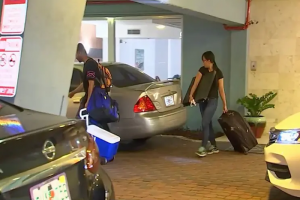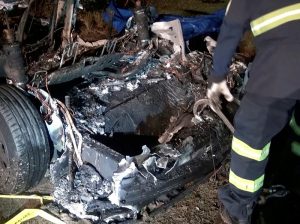This week, the continental United States and most of Europe are bracing for soaring temperatures which have already been plaguing much of the area this summer. NASA released a report that this June was tied for the Earth’s warmest month on record and CNN reported that for the full first official week of summer (beginning June 21st), 65 million Americans were expected to experience temperatures above 100 degrees (https://www.cnn.com/2022/06/21/weather/heat-wave-second-week-record-temperatures-tuesday/index.html).
Considering the service backlogs, overdue maintenance checks, and potential supply chain issues exacerbated by the pandemic – on top of these wicked temperatures – the demand for air conditioning equipment and servicing is increasing. Just as you don’t want to be frantically scrambling for a functioning generator during a power outage, you don’t want your AC to fail during a heatwave. This article will outline several tips to ensure that your HVAC system (including window units) will keep running smoothly and safely all summer, while conserving energy and money, to boot.
Air conditioning units should be periodically cleaned and checked by a licensed contractor. Disregarding proper AC unit maintenance and then overtaxing it could result in fire. According to a 2016 study by the National Fire Protection Association, on average, nationally, 2,800 fires were linked to air conditioners, causing 20 deaths, 140 injuries and $182 million in property damage. There are several possible causes of overheating which can lead to spark ignition:
Motor/Mechanical (most common)
- Accumulated dirt acts as insulation and can cause motors to overheat.
- Dirty filters obstruct the normal flow of air through the unit, resulting in poor air flow and the need to operate the equipment for longer periods.
- Failure of motor bearings results in motors that draw more current and can lead to fires.
- Poor voltage control can cause motors to overheat.
Electrical/Faulty Wiring
- Frayed, partially connected or corroded wiring can lead to shorts resulting in fires.
- Power cords for window units should be protected from rubbing against any object and should not be placed under a rug. Power cords should not be exposed to anything that produces heat or contains a flame.
- Extension cords for window units should be avoided or only used when specifically approved by the manufacturer. An improperly matched extension cord can lead to fires.
One final note. In order to prevent your unit from being overworked — and subsequently overheating — it is important to maintain the same approximate temperature on a consistent basis. For instance, refrain from opening your windows at night only to close them the next day and crank up the AC when the temperature starts to rise. Avoiding such fluctuations will extend the life of your unit, be kinder to the environment, and save money in the long run.
The best way to avoid HVAC fires is to make sure your system is well maintained. To that end, schedule biannual tune-ups and inspections with a licensed and experienced professional, and have your ducts cleaned periodically.
